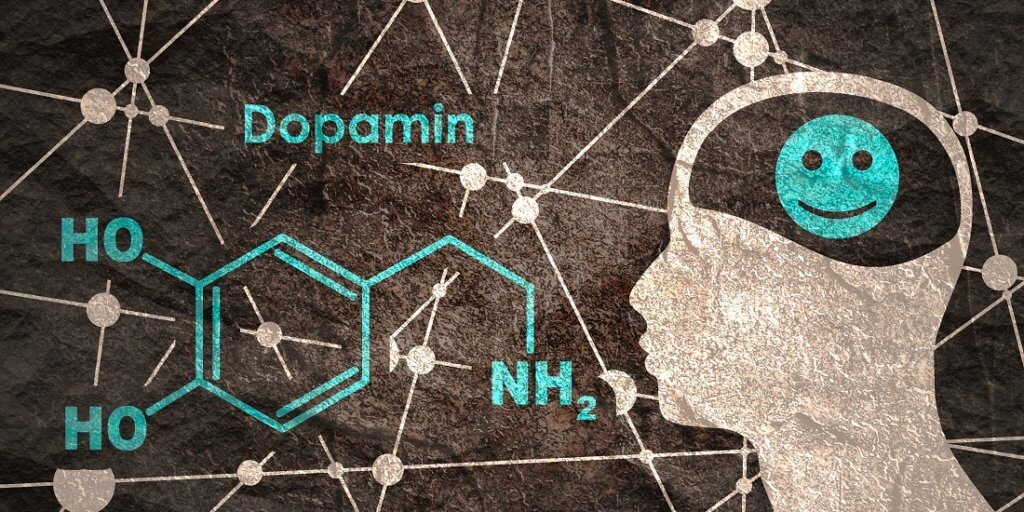‘Drinking went down to almost zero.’
PORTLAND, Ore. — A therapy using brain injections to treat Parkinson’s disease could also reduce excessive alcohol consumption, a new study reveals. Researchers in Oregon tested the treatment on lab monkeys and observed a staggering 90-percent reduction in their alcohol intake.
This was achieved by injecting a non-harmful virus into the monkeys’ brains, resetting their dopamine reward pathways, which in turn nearly halted their drinking habits. The results of this study hint at potential applications of this brain therapy for humans with severe alcohol disorders.
The researchers injected a group of rhesus macaque monkeys, who had a pattern of consuming a significant amount of ethanol in diluted water, with the virus. This virus was designed to carry a specific gene encoding for the protein named glial-derived neurotrophic factor (GDNF).
Acting as a “growth factor,” GDNF prompts cells to multiply rapidly, boosting the function of brain neurons responsible for producing dopamine, a chemical associated with pleasure and reward. Chronic alcohol consumption has been linked to a reduced release of dopamine.
“Drinking went down to almost zero,” says Professor Kathleen Grant, the study’s lead author, in a university release. “For months on end, these animals would choose to drink water and just avoid drinking alcohol altogether. They decreased their drinking to the point that it was so low we didn’t record a blood-alcohol level.”

The research team at Oregon Health & Science University (OHSU) enhanced dopamine production by delivering GDNF to the dopamine-rich regions of the brain.
“Dopamine is involved in reinforcement of behavior, and in people finding certain things pleasurable. Acute alcohol use can increase dopamine. However, by drinking it chronically, the brain adapts in such a way that it decreases the release of dopamine,” says Prof. Grant. “So when people are addicted to alcohol, they don’t really feel more pleasure in drinking. It seems that they’re drinking more because they feel a need to maintain an intoxicated state.”
Veterinarians at ONPRC employed magnetic resonance imaging to accurately guide the injection of the GDNF-carrying virus into the monkeys’ brains. This technique is already in use for treating Parkinson’s disease in adults and a rare genetic disorder in children, which impedes movement, called aromatic L-amino acid decarboxylase deficiency.
The outcome was remarkable: the group of monkeys treated with the injection reduced their alcohol consumption by 90 percent compared to a control group.
The team remains hopeful that this gene therapy method could soon serve as a final treatment resort for individuals grappling with the most severe alcohol-related disorders.
Alcohol-induced fatalities continue to pose a global challenge. The National Institute on Alcohol Abuse and Alcoholism reports approximately 140,000 annual deaths in the United States alone, with a staggering 2.4 million deaths globally.
“It would be most appropriate for people who have already shown that all our normal therapeutic approaches do not work for them. They are likely to create severe harm or kill themselves or others due to their drinking,” Dr. Grant emphasizes.
The study is published in the journal Nature Medicine.
South West News Service writer James Gamble contributed to this report.

